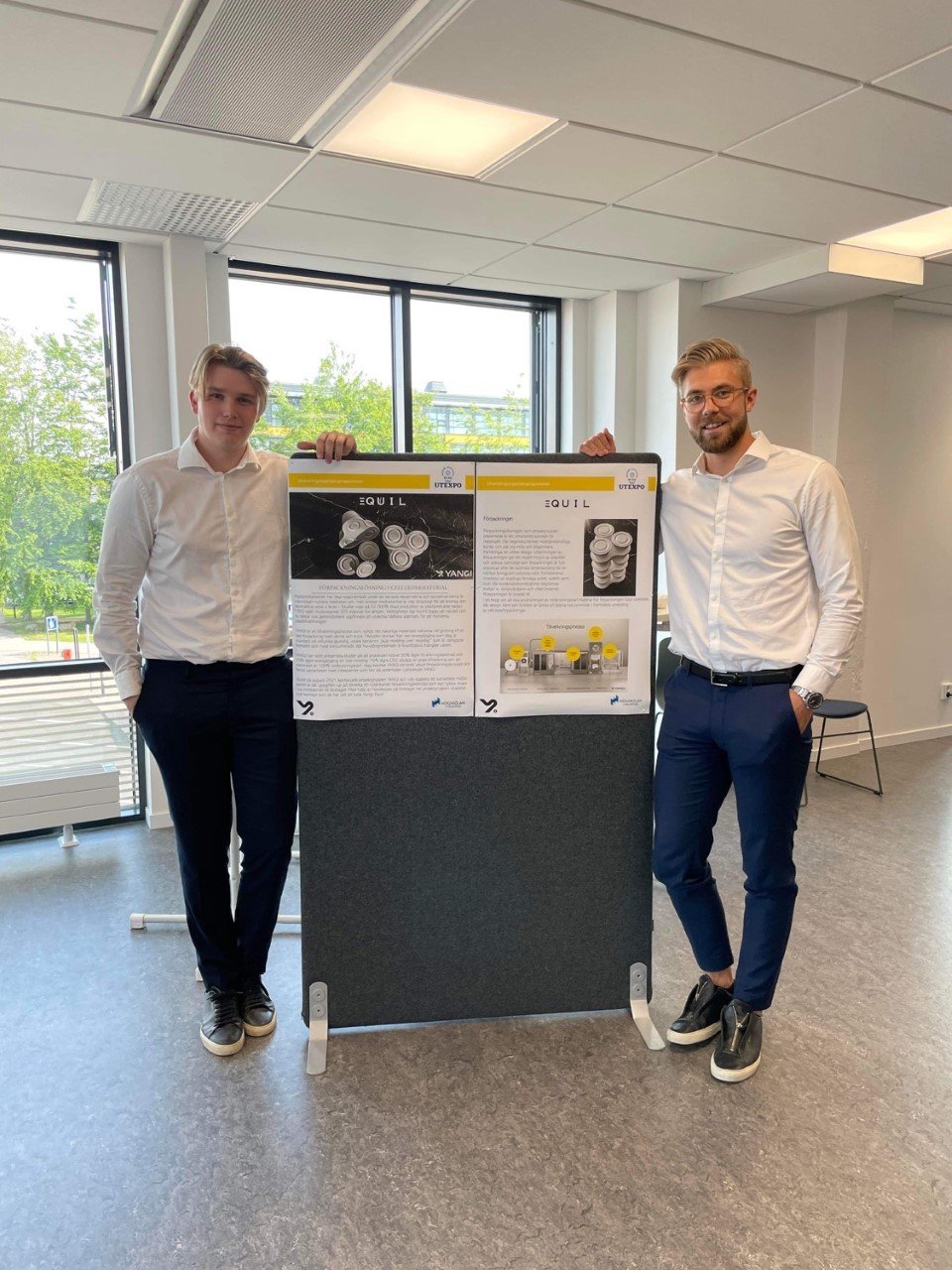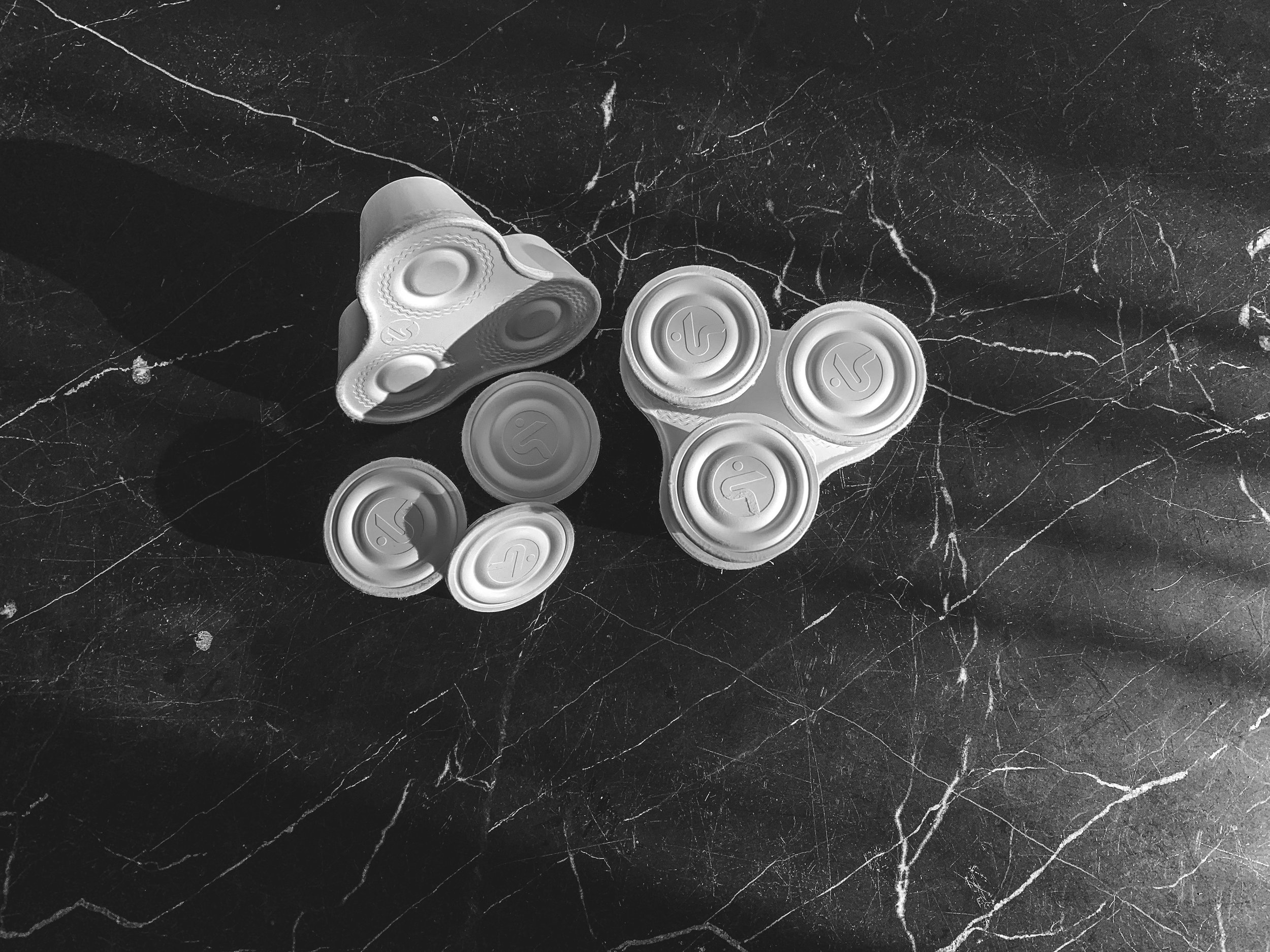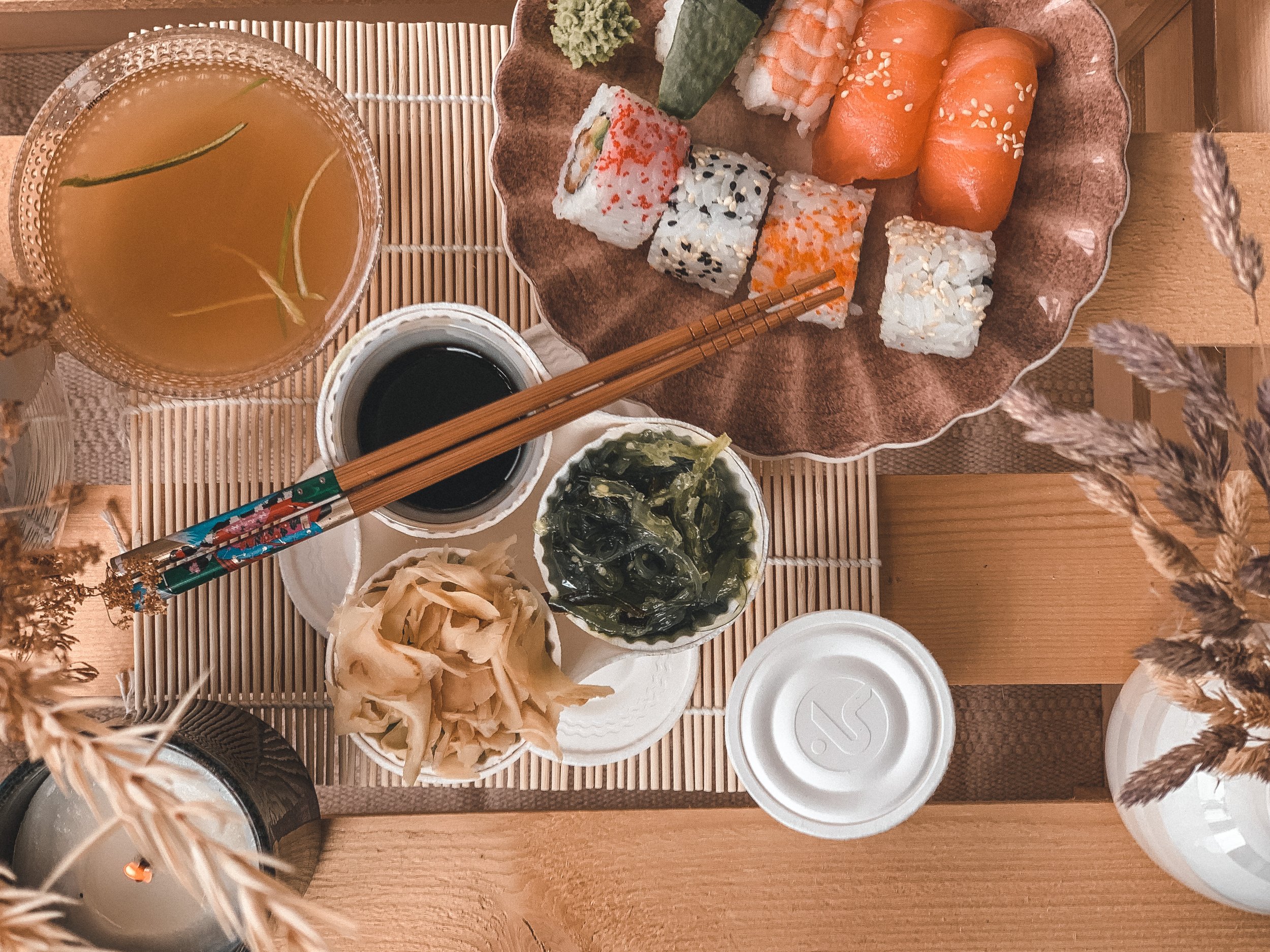Presenting Equil - an innovative design for fibre based packaging
We are proud to present a new packaging design to join our dry forming product portfolio. The aim was to create one concept that displays how dry forming technology can be utilized to replace plastic packaging targeting possible packaging applications. One of our visions was to develop a multiple-compartments solution to be able to separate products within the same packaging.
We encountered Gustav and Oskar who were studying Innovation Engineering at the time at Halmstad Högskola and asked them if they were interested in accepting the challenge. By utilizing our knowledge and the dry forming technology they developed a product with a broad area of use, promoting both sustainability and complexity. Equil is a multiple-compartment solution that allows for flexibility in consumer usage which comes with a unique and challenging design that pushes boundaries.
We asked Gustav and Oskar to reflect on their work and collaboration with Yangi
What have you done during your internship?
Our project group got in contact with the Yangi team and discussed the visions and goals with the dry forming technology. The needs were translated into an assignment - to create a new concept targeting several segments. The expectation was to differentiate the concepts from previous award-winning designs created by Yangi. First, we made a deep dive into understanding the technology, followed by several design iterations for product and tooling design. The final concept, called Equil, clearly communicates the potential of the Yangi technology in addressing the needs of brand owners and packaging producers. Equil is made of several functional elements, such as multi-compartments, branded patterns, smooth surface finish, stackability, etc.
What have you learned from the collaboration?
The collaboration with Yangi has taught us the entire production process from idea to development to production and how the material and process aspects need to be considered already in the design phase. The nature of how cellulose adapts to the forming process which in Yangis’ case only consists of high pressure and heat. The knowledge of all these vital steps of adapting has made us aware of how the material works, and we could in the future be able to create new innovative designs that challenge the material and bring forth new innovative designs in cellulose packaging.
What has been most challenging?
The most difficult part of our design process has to be to understand the opportunities as well as the challenges with cellulose materials and how the fibres can be shaped in the best way to achieve optimal quality of the products as well as an attractive design.
What has been the most fun?
To get completely free hands when choosing a product and then make an innovative design. We were allowed to contribute and be a part of the journey for Yangi. This feels very rewarding.
What is your advice for those who want to do an internship at Yangi?
The key to a successful product is communication between the project group and the experts at Yangi. As a beginner in the field of product development with cellulose, there is a lot to understand before developing a design, the learning curve can be reduced drastically if the project group fully commits to the informative and broad knowledge of the Yangi team.




